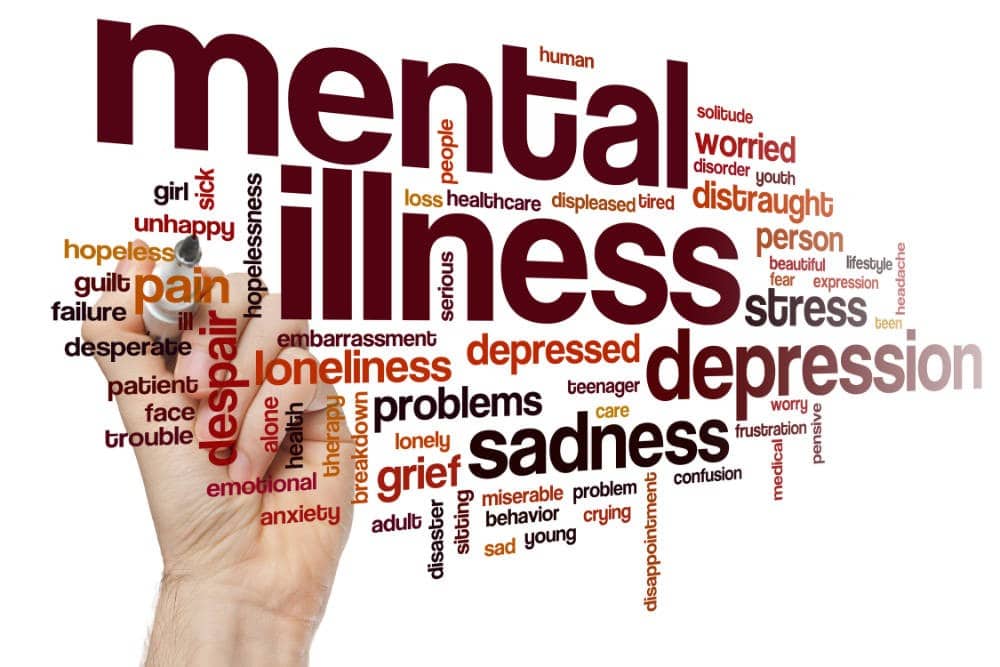Compared to a 5150, Treatment is a Better Option for Teens
For some kids, the teen years can be really rough. Many teens are under immense burdens of stress in school. This has been one of the factors cited in recent years for increased mental health issues among teens.
There are other factors that may induce serious mental health issues among teens. These include family discord, divorce, substance abuse, being bullied, trauma, sudden death of a loved one, and moving.
Teen suicide rates have climbed 31% for teen males and 50% for teen females since 2007, according to fresh data. Along with those numbers comes a spike in 5150s. A 5150 forces a teens in crisis to get help. The 5150 for minors is a very much needed option at times. But this can also be highly stressful for the teen in crisis.
Inpatient mental health treatment offers a better option for parents who want to get in front of their teen’s mental health needs. Instead of waiting for a crisis, parents can get their child the help they need at an early juncture. These teen programs offer a safe, healing space. They receive treatment that is tailored to their issues. There, the expert treatment team can gently guide the teen back to stable mental health.
In-house tutors work with school officials and parents to assist teens with their studies. This helps them stay engaged in their schoolwork, and to not fall behind their peers.
What is a 5150 hold for Minors?
When a teen’s mental health declines to a point that they are a danger to themselves or others they may be taken into a hospital. This happens via the Welfare and Institutions Code Section 5150. A 5150, or a 5585 hold for a minor, can be enforced when the minor becomes “gravely disabled.” The 72-hour hold admits the teen to a mental hospital or the mental health wing.
The 5150 hold for minors option can be used if there is an acute mental health event. This might be a teen’s attempt to take their life, or a mental health break. The teen is placed into a safe setting where they can become stable. A school figure or a family member can call in the 5150.
Drawbacks of the 5150 for Minors
The 5150 process does not always work the way a parent might expect. When a teen is in crisis, many times the process to get any help can be delayed by hours. It could even involve a transfer if the first stop is not able to take the teen.
In California there are only 648 total beds for minors, compared with 5,522 beds slated for adults. With the increase of teen mental health crises lately, there simply are not enough beds for teens.
Sometimes the teen is routed to a setting that doesn’t have mental health services for teens. The teen might have spent hours waiting to be seen at the E.R. only to be told they don’t treat teens. This would entail a ride to a second facility. The process can be frustrating for both the teen and their parents. It makes it hard for the parents to visit their teen if they wind up far away from home.
Teen Mental Health Crisis Warning Signs
When a teen is in distress they may begin showing certain signs and symptoms of a mental health issue. Some of these signs might include:
- Obsessed about death or taking their life. Stating things such as “I wish I were dead” or “You would be better off if I was dead.”
- Loss of interest in hobbies or doing things they once enjoyed. They may pull out of school sports or clubs.
- Makes comments about feeling hopeless or worthless. A drop in self-esteem is expressed by negative comments about themselves.
- Extreme mood swings. Mood swings and impulsive acts become common.
- Decline in grades. The teen stops doing homework or studying for tests, and this leads to a drop in grades.
- Self-harming, such as cutting.
- Complains of being bullied at school or online.
- Withdrawing from family and friends.
- Giving away prizes or items that are special to them.
- Substance abuse
- Has a family history of mental illness.
Why Inpatient Treatment is the Better Option for Teens with Mental Health Problems
Often a troubled teen will be showing signs of distress in advance of an acute crisis event. Teachers and friends may have mentioned their concerns about the teen’s change in mood. If there are enough signs that the teen is distressed it is time to have a doctor see them. At that point the teen can be treated for the mental health issue through therapy and maybe meds.
A teen that is under a doctor’s care might begin showing signs of a decline in his or her mental state. If so, then more intense treatment is needed. An inpatient treatment setting may be the best option.
These programs allow the teen to detach from the stressors that may be causing the issues. They will instead enjoy time in a tranquil and safe place to work on their problems.
The inpatient treatment programs offer a higher level of care. They provide 24-hour support. They also offer a treatment menu that is more thorough. The doctors create a treatment plan that’s custom ordered for the teen’s unique mental health needs. These teen centers will also include a family program, tutors, and other types of treatment just for teens.

BNI Treatment Centers is a Premier Residential Treatment Program for Teens
BNI Treatment Centers is an LA-based teen treatment center. BNI Treatment offers a better option to 5150 for minors. At BNI Treatment, your teen will receive the highest standard of care in a setting that will help them. The doctor owned program aims to help your teen be the best he or she can be. To learn more about the program, please contact BNI today at (888) 522-1504.



